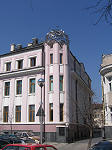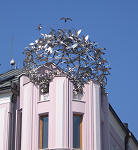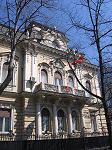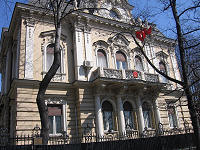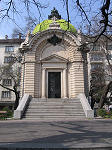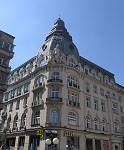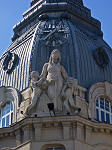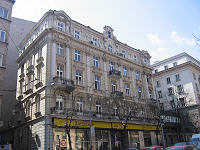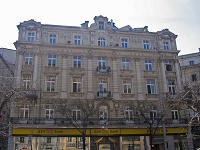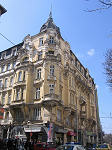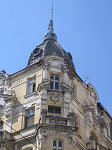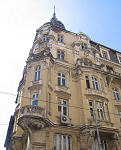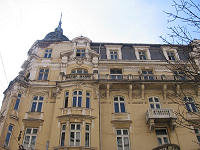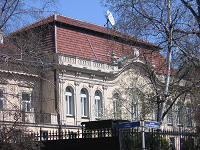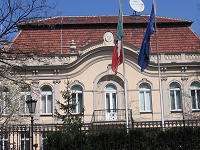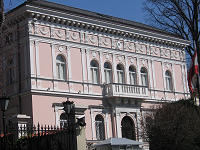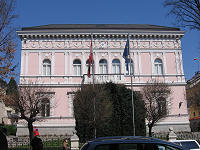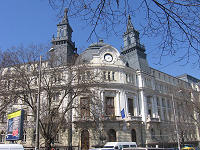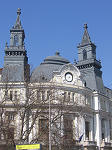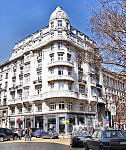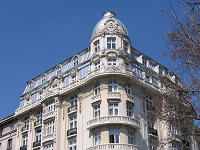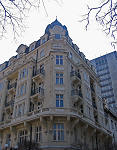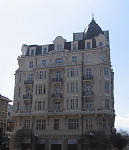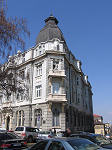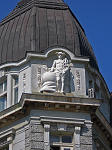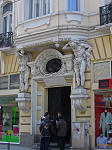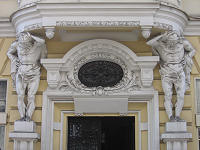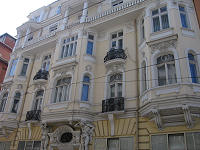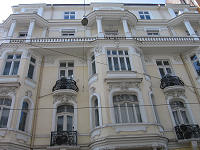The Belle Epoque in Europe
Bulgaria
Sofia
By , Sofia
 Sofia Coat of Arms
Sofia Coat of Arms
At the time of the liberation from Ottoman rule, in 1878, Sofia was nothing more than a rather big village, with almost 12,000 residents. It was not situated in one of those areas where the Bulgarian Renaissance (XVIII-XIX century) had flourished, which meant the new capital had to be built 'from scratch'. In the period from 1878 to 1913 it grew rapidly, with economic growth reflected in the architecture of the city. The preferred architectural styles at the time were neoclassicist, neobyzantine and a nationally-distorted nuance of the then popular Secession style. Within less than 30 years, Sofia transformed from an Ottoman village to a picturesque city with central European architecture, which was the reason for its being called "The little Vienna" at the time.
1913, however, brought the first national catastrophe to Bulgaria with the defeat in the Second Balkan War. The second national catastrophe came in 1918 when Bulgaria lost the first World War. In those circumstances, erecting beautiful and elegant buildings was both inappropriate and impossible. However, there were two brief periods of reflections of Belle Epoque in the mid 20s and mid 30s, although, no large-scale building activities were carried out. The second world war met Bulgaria again on the losing side. What is more, Sofia and other major cities were heavily bombed by Great Britain. As a consequence, much of their cultural heritage was destroyed. And when it came to rebuilding the cities, the soviet Stalinist architectural style was dominant. Still, quite a few of the buildings erected during the Belle Epoque remain - a reflection of a more graceful time.
Residential Building
Graf-Ignatiev-Straße
© Tzvetelina Tzeneva, Sofia
